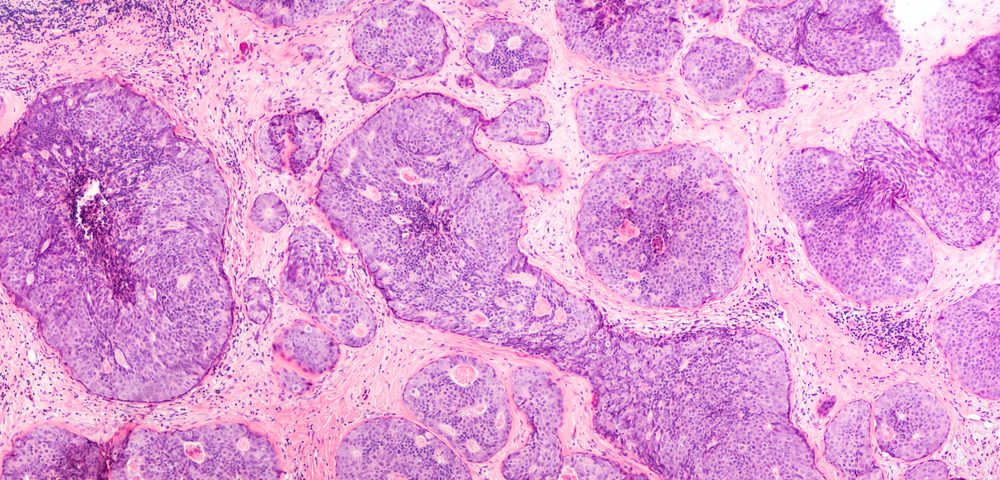Good news in the cancer world can be rare. However, on Jan. 27 there was great news, especially for those with breast cancer. Lotte Elshof, MD, of the Netherlands Cancer Institute, ran a study of ductal carcinoma in situ (DCIS) in older patients. One of the findings was that older women who were diagnosed and treated for DCIS have an overall decreased risk of early death compared to other types of breast cancer.
Getting a diagnosis of DCIS can be devastating, and confusing to decide on a treatment plan. It is a noninvasive cancer that leaves abnormal cells within the milk duct of the breast. The atypical cells do not spread to anywhere else in the body. It’s the early onset of cancer and is extremely treatable if caught in time. Without treatment, DCIS can turn into a potentially fatal form of breast cancer. The study that came from the Netherlands Cancer Institute in Amsterdam shows that having DCIS doesn’t increase the risk of dying. (Findings from the study, “Low cause-specific mortality in women treated for ductal carcinoma in situ of the breast,” were presented by Elshof at the European Cancer Congress in Amsterdam.)
When I was diagnosed with DCIS, I had fear, questions and anxiety. But the way my oncologist described it helped ease my mind a little bit. He told me if I had a list of the cancers that I could possibly have, DCIS would be the best one. Why? The answer is because it’s not invasive to other parts of the body. He told me that I would still need to treat the cancer, but it’s a very treatable type.
The treatment plan can fill someone with anxiety. The treatment for DCIS is usually surgery or radiation therapy and also can include medication (tamoxifen) to help prevent the return of cancer. A lumpectomy might be enough, but if not, some might choose a mastectomy. I found that chemotherapy isn’t used for DCIS because it isn’t invasive to other areas.
The study went on to determine the prognosis of older women diagnosed with DCIS. Within a 10-year time period, the study team tracked outcomes for 10,000 Dutch women who were diagnosed between 1989 and 2004. Interestingly enough, women who were older than 50 and who had been treated for DCIS actually had a 10% lower risk of dying compared to women in the general population, the researchers discovered.
On top of that, the study showed that the patients who had had DCIS were unlikely to die from other types of cancer and from circulatory, respiratory and digestive diseases. It might seem strange that women who had cancer and went through various treatments would have a longer life expectancy, but by finding DCIS early, these women might be more likely to take care of important medical appointments in a timely matter, which could lead to a healthier lifestyle.
The study also showed that over a 15-year time span, the chance of life-threatening breast cancer recurring was 4%. All of this is very good news to women who are recently diagnosed, or those who are survivors of DCIS. As long as treatment is in the future and we keep a healthy lifestyle, the future is bright.



What are the outcomes of women who did no treatment? Was there a follow up study of these women?